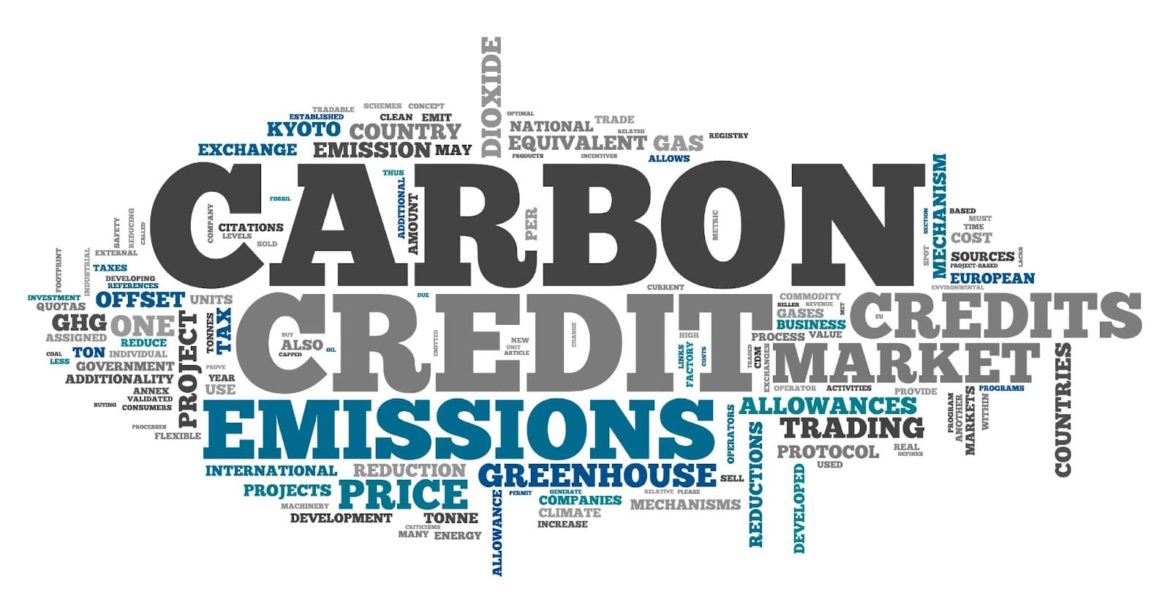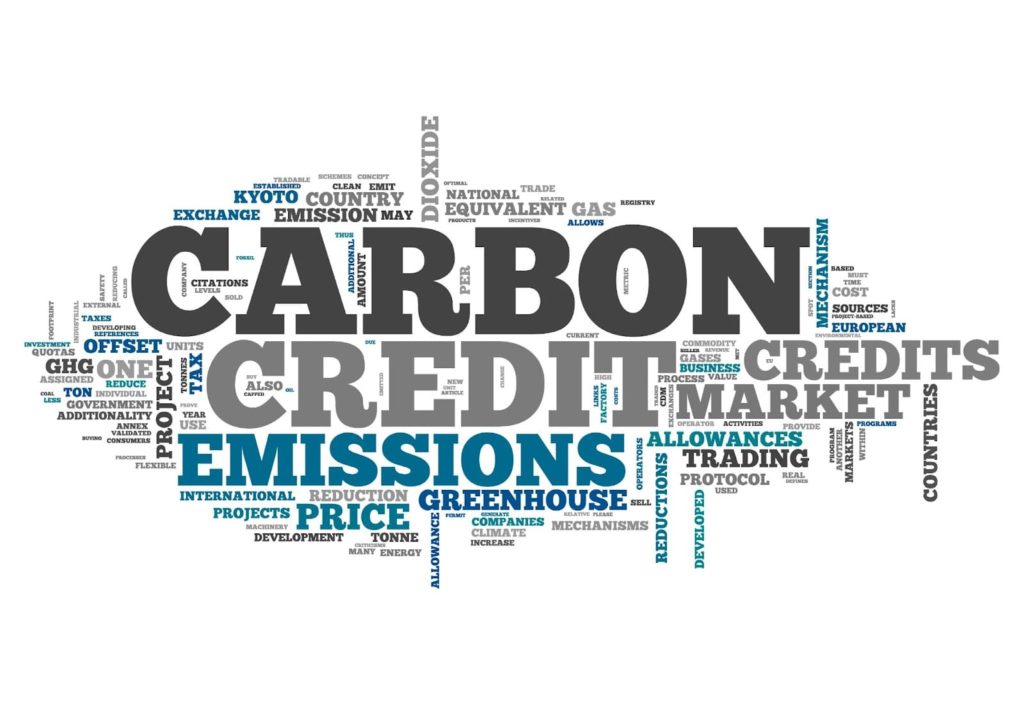Federal Government to Review Australian Carbon Market
The federal government has announced a review of the carbon market in Australia. This follows remarks made by environmental markets expert Professor Andrew Macintosh and colleagues who published papers that declared the carbon market an “environmental and taxpayer fraud.”
The review has been welcomed by Farmers for Climate Change who believe that there is a need to develop complete trust in the carbon market if it’s to be successful. Chair of the organisation, sheep farmer Charlie Prell, said that farmers also hoped the review would help the market to become less complex and expensive.
Key points
- In Australia, the federal government has announced a review of the carbon market following remarks made by environmental markets expert Professor Andrew Macintosh and his colleagues.
- The group of experts referred to the carbon market as an “environmental and taxpayer fraud.”
- The announcement of the review has been welcomed by Farmers for Climate Change as the organisation believes the market is complex and expensive.
- Professor Ian Chubb is to lead the review which is expected to take six months to complete.
What is the carbon market?
The idea behind the carbon market is a positive one. Units that are bought and sold on the market are mostly generated from projects that help with land restoration and remove carbon dioxide from the atmosphere as is the case with Australian Carbon Credit Units (ACCUs).
ACCUs are financially regulated and are aimed at helping Australia to meet its ambitious carbon emissions target. The target, which was announced earlier this year, is to reduce emissions by 43% on 2005 levels, by 2030. This is a stretching goal which will require real effort to meet. So, it’s important that the Australian carbon market operates effectively, efficiently, and transparently.
Why is there a need for a review of the Australian carbon market?
In April 2022, Professor Andrew Macintosh raised concerns about offsets that were issued to the Coles carbon neutral beef range. He, and his colleagues, stated that there were flaws in governance of the market and that this could result in the potential waste of billions of dollars of taxpayers’ money.
Professor Macintosh went on to state that around 75% of ACCUs issued were in respect of the regeneration of native forests in the dry rangelands of Queensland, New South Wales, Western Australia, South Australia, and the Northern Territory, by humans. He declared that, according to data, 70-80% of the ACCUs awarded to these projects lack integrity.
For example, ACCUs are being awarded for projects that claim to prevent forests from being cleared when there was never any intention to clear the forests in the first place. Other examples of a lack of integrity are ACCUs being awarded for:
- Growing trees that already existed.
- Planting forests in areas where they can never be permanently sustained.
- Operating electricity generators at landfills where they would be in place anyway, without the project existing.
According to Professor Macintosh and his colleagues, these problems with the awarding of ACCUs are a huge concern for taxpayers and for private buyers who purchase ACCUs to offset personal emissions.
There are also obviously significant implications for the efficient use of the $4.5 billion to buy ACCUs held by the Clean Energy Regulator that regulates the Emissions Reduction Fund (ERF).
These negative financial impacts have the potential to seriously undermine Australia’s ability to meet its emission reduction targets and reduce the effects of climate change.
So, Professor Macintosh, and his fellow authors have asked for:
- The Clean Energy Regulator to be broken up.
- Repeal of low integrity methods of obtaining ACCUs.
- Reforms to stop low integrity projects that already exist from gaining more ACCUs.
- Greater transparency of the ERF.
They also requested the independent inquiry that is now happening in the form of the review that has now been announced.
Plans are for Australian carbon market review to take six months
The review of the Australian carbon market is to be led by former Australian chief scientist Professor Ian Chubb. The senior academic will head the review that is expected to take six months to complete.
The appointment of Chubb in this role was announced by Chris Bowen, the climate change minister. He declared that neuroscientist and former vice-chancellor of the Australian National University, Chubb would be tasked with leading an in-depth review to determine if there is a need to make changes to the carbon market system in Australia. Suggestions will also be made as to how such changes could be implemented.
The results of this review are eagerly anticipated by Professor Macintosh, Farmers for Climate Change, and all those interested in improving the integrity, transparency, and simplicity of the market.



